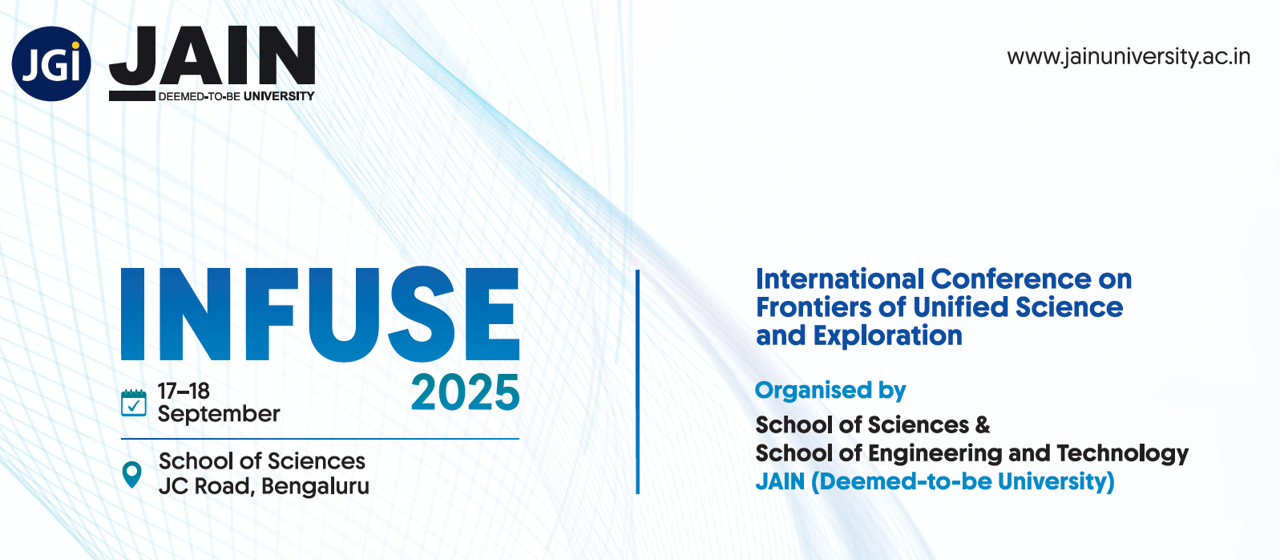Speaker
Description
ABSTRACT
The persistent infestation of thrips and mites on rose plants during summer poses a significant challenge to ornamental horticulture, often compounded by the ecological and health hazards of conventional pesticides. This project presents a computationally driven strategy for developing a target-specific pesticide formulation that achieves selective toxicity against pest organisms while safeguarding plant vitality, soil health, and farmer well-being.
Leveraging ligand–protein interaction modeling and molecular docking platforms such as PRinS3, pest-specific protein targets will be identified, followed by the design and screening of high-affinity ligands for efficacy and environmental safety. Predictive ADME/Tox profiling, QSAR modeling, and phytotoxicity analysis will ensure the compound’s biodegradability, thermal stability under summer conditions, and non-disruption of rose physiology and pollinator activity.
The formulation will undergo laboratory bioassays, phytotoxicity testing, and small-scale field validation, culminating in a user-friendly product accompanied by multilingual farmer guidance. This integrative approach offers a promising roadmap for eco-safe pest control in floriculture and lays the groundwork for future innovations in ligand-based pesticide design.

